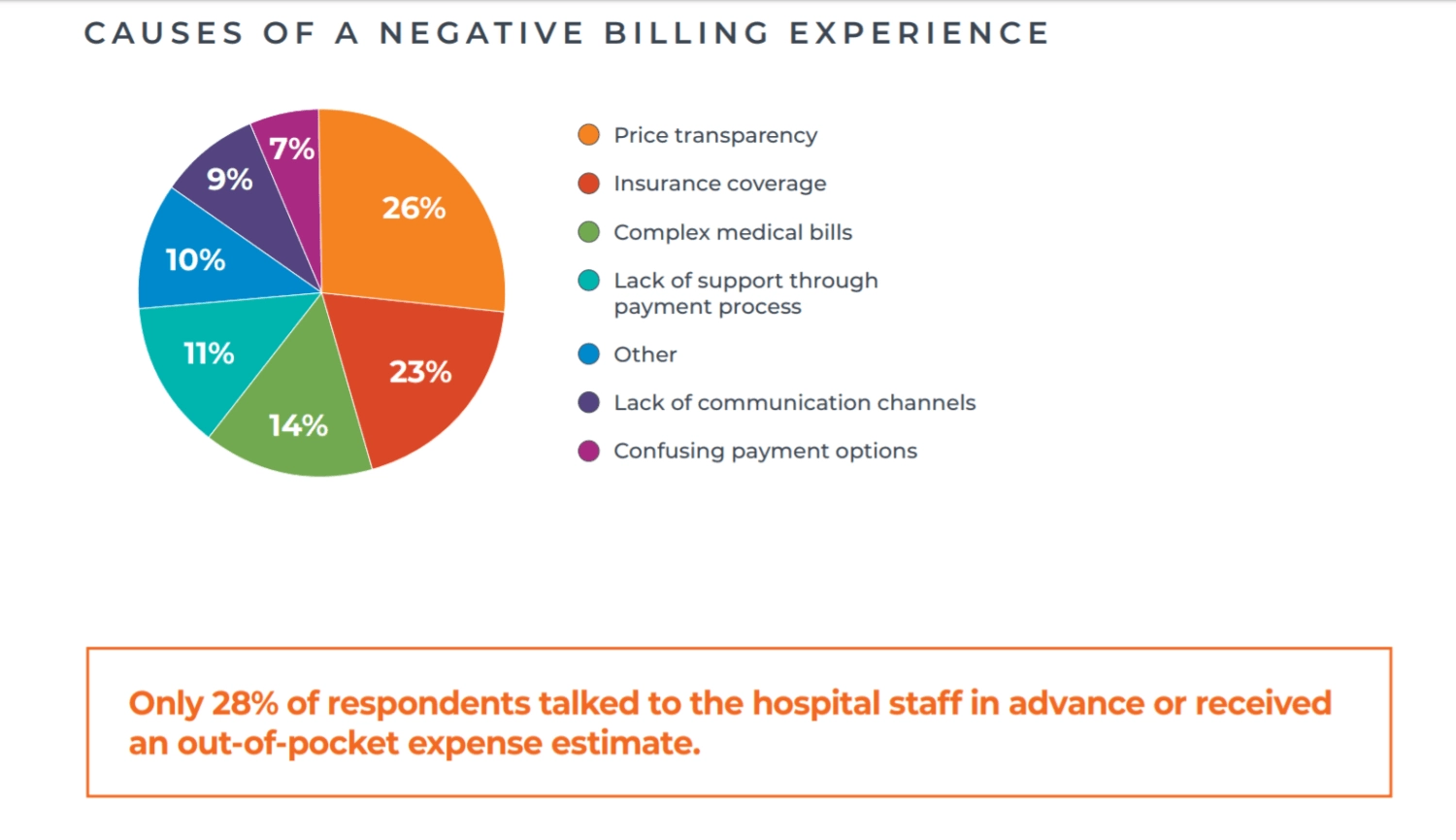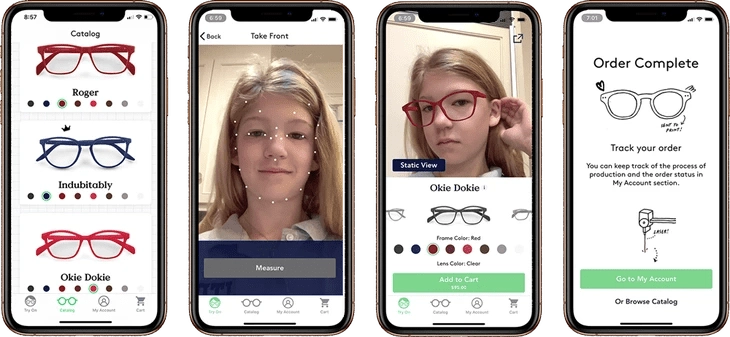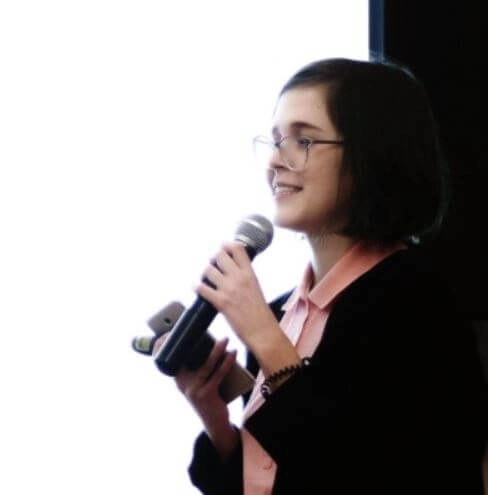

Digital healthcare news — August 2019
Summer ends, and it’s time for the second issue of our monthly digital healthcare digest. Enjoy!
Digital healthcare industry
Waystar’s survey on patient financial experience in healthcare. Medical bills hit the young generation (18-23 years) the hardest, and they more often prioritizing paying for healthcare over other expenses.

CBInsights released Global Healthcare Report Q2.
US-based Accenture signed a contract with NHS Digit to provide perimeter cybersecurity services across the NHS. Technology will provide security firms Palo Alto and Imperva.
IAC, a holding company, acquire NurseFly, a startup for nurses looking for short-term employment. Price of the deal is unknown yet.
Thread, a virtual clinical research company is acquired by Water Street Health Partners and JLL Partners.
Funding in digital healthcare
Babylon Health, a startup that develops AI-based eHealth apps closes Series C with $550 million.
Genneve, a company that helps women deal with menopause through their telemedicine clinics, raises $4 million in seed funding.
NextStep, a platform that provides digital healthcare training to new workers — especially to those who struggle with technologies — scores 3 million.
Norway’s startup SafetyWing, that provides travel medical insurance for “people all over the world”, raises $3.5 million in seed funding.
A startup that develops portable AI-powered ultrasound device — Exo — lands $35 million in Series B.
Luma Health, a platform for patient communication and scheduling, lands $16 million in Series B funding.
A platform for musculoskeletal surgery preparation, LumaHealth, gets $6.5 million.
Launches and planned launches
FIGUR8, a platform for body movements measuring and tracking, launched with $7.5 million of seed funding.
Fitz Frames launched a beta app that provides affordable, custom glasses (particularly for children).

Asana, a platform for work management, launched a feature Workload that aimed to prevent burnout in teams. The feature is available for people with a paid account.
Pulsepoint announced a HIPAA-compliant platform that will allow healthcare organizations to create and streamline digital marketing strategies. It’s called Life.
Zachtronics launched a decision-based visual novel, Eliza. It explores AI-enabled digital therapy and its influence on game characters.
CashMD, healthcare tech startup, launches a new platform that will make pricing of healthcare services and procedures transparent for end-customers.
Norfolk and Norwich University Hospitals launched a VR-based app, Little Journey, that aimed to help children get familiar with hospitals and surgery-related experiences.
Other news in digital healthcare businesses
American Well’s telemedicine app will be integrated with Epic.
A French company, Voluntis, get an FDA marketing authorisation for their solution called Olena. It’s symptom management platform for people with cancer.
Fujitsu Australia that explores the application of the AI for improving diagnosis and monitoring of brain aneurysm welcomes a new partner, GE Healthcare.
Magellan Health, a healthcare payer organization in Arizona, partnered with AiCure, a tech vendor, to create an AI-based app that helps people with Hep C manage their condition and analyzes if they respond to their treatment well.
PillClub, a startup that provides prescription and delivery of birth control medications, partnered with non-profit Power To Decide to create 5,000 units of Plan B, emergency contraception. Together, they distribute them to women in need.
Pinterest wants to detect and fight misinformation about vaccines.
Science and research in the digital healthcare industry
1 in 4 millennials doesn’t go to doctors. Physically. They also trust online resources for diagnostics and like to ask questions about their health onlin — more than go to physicians, at least.
40% of American healthcare employee has never received cybersecurity training, according to a new report from Kaspersky. Also, 18% of them don’t know what HIPAA is.
John Hopkins’ new study shows that social and behavioural data aren’t regularly collected for EHRs, despite the potential impact on people’s health. In particular, EHRs don’t include social isolation, homelessness, and alcohol abuse.
Apple collaborated with Eli Lilly and Company and Evidation Health and figure out that wearables and smartphones, combined with digital apps, may help detect early signs of cognitive decline.
A new model from MIT helps predict a cognitive decline in people with Alzheimer. The model may improve the selection of drugs to treat Alzheimer and participant cohort for clinical trials.
A new report from Welltok studies Millenials’ expectations from healthcare services. The main perk they want is wellness support.
Scientists from the University of California designed a wearable patch that measures sodium in sweat and determines sweat’s chemical composition.
Researchers at Purdue University built a proof-of-concept wearable that would detect an opioid overdose and deliver an antidote right after that.
New smartphone-based technology based on measuring light from Michigan State University predicts systolic and diastolic blood pressure from two-minutes video selfies.
Wonderful, but uncategorized news
Australian Commission on Safety and Quality in Healthcare will launch a new charter to empower their patients and boost their understanding of the industry.
Now, Ireland has first fully digital hospital!
The University of Central Lancashire starts adding digital therapeutic courses to the curriculum.
Britain’s NHS will invest $300 million in AI laboratory to enhance early cancer detection and discover new treatment for dementia.
Large businesses want to adopt virtual care technology for their employees to fight rising healthcare costs.
Learn about Stoic, new YC-backed journaling app for mental health.
What to read in August 2019
“A Peloton bike isn't just an exercise bike — it's an exercise bike plus a spin class” — learn more about fitness company Peloten headed for IPO.
What to listen in August 2019
Healthcare weekly on innovations and new advancements:
- Will blockchain allow patients to access healthcare services anywhere? Zain Rama, the CEO of Pharmeum explores the answer.
- Thomas Sawyer, COO of Cognetivity explains how apps can help detect early signs of Alzheimer and dementia.
Tell us about your project
Fill out the form or contact us

Tell us about your project
Thank you
Your submission is received and we will contact you soon
Follow us

